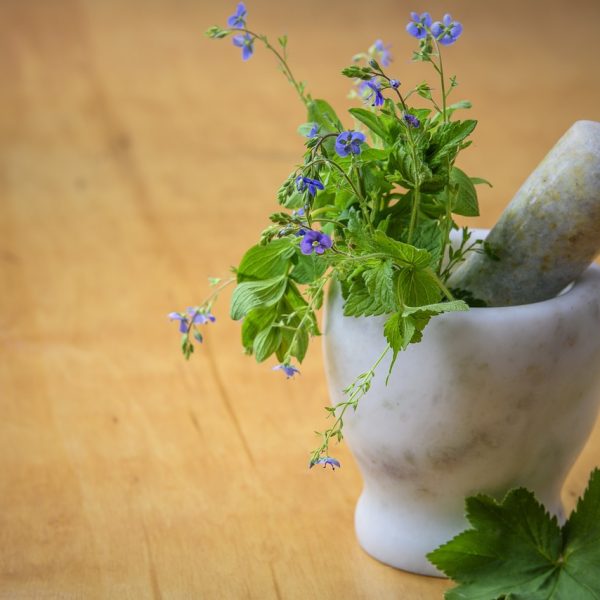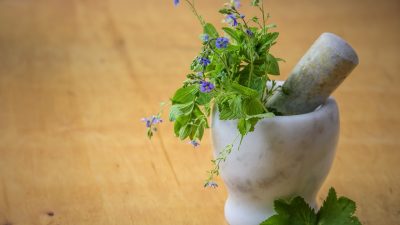How to Relieve Pain Naturally Without Medications
Pain is an inevitable part of life, but for many, the idea of turning to medications for relief is not appealing due to potential side effects and dependency concerns. Fortunately, natural pain relief options can be both effective and accessible. Whether you’re dealing with chronic pain, headaches, or muscle discomfort, there are various ways to alleviate pain without relying on medication. By addressing the root cause and leveraging holistic methods, you can manage pain naturally and improve your quality of life.
Heat and Cold Therapy
One of the simplest and most effective natural remedies for pain is the application of heat or cold. Heat therapy works by increasing blood flow to the affected area, which helps relax muscles and reduce stiffness. This is particularly effective for chronic pain conditions like arthritis or muscle tension. A heating pad, warm towel, or even a hot shower can provide relief. On the other hand, cold therapy helps reduce inflammation and numbs the area, making it ideal for acute injuries such as sprains or swelling. Applying an ice pack wrapped in a cloth for 15-20 minutes can significantly reduce discomfort.
Exercise and Stretching
Though it may seem counterintuitive to move when you’re in pain, exercise is a powerful tool for natural pain relief. Regular physical activity increases the production of endorphins, the body’s natural painkillers. Gentle exercises like walking, swimming, or yoga can improve circulation, reduce stiffness, and enhance flexibility. Stretching, in particular, can help release tension in muscles and joints, providing both immediate and long-term relief. For those with chronic pain, working with a physical therapist can ensure exercises are tailored to your specific needs.
Mind-Body Techniques
The connection between the mind and body plays a significant role in how we perceive pain. Techniques like meditation, mindfulness, and deep breathing exercises can help shift focus away from pain and reduce its intensity. Mindfulness meditation involves focusing on the present moment and observing sensations without judgment. This practice has been shown to lower stress levels, which can exacerbate pain. Deep breathing, on the other hand, helps calm the nervous system and reduces muscle tension. Incorporating these techniques into your daily routine can make a noticeable difference in pain management.
Herbal Remedies and Supplements
Nature provides a wealth of herbs and supplements that can help alleviate pain. Turmeric, for example, contains curcumin, a compound with potent anti-inflammatory properties. Consuming turmeric as a tea or supplement can help reduce joint pain and swelling. Ginger is another powerful anti-inflammatory agent that can ease muscle soreness and menstrual pain. Other natural options include willow bark, which has been used for centuries as a natural alternative to aspirin, and magnesium, a mineral that helps relax muscles and reduce nerve pain. Always consult a healthcare professional before starting any new supplement to ensure it’s safe for you.
Acupuncture and Acupressure
Traditional Chinese medicine offers effective natural pain relief methods through acupuncture and acupressure. Acupuncture involves the insertion of thin needles into specific points on the body to restore balance and stimulate the release of endorphins. It is widely recognized for its effectiveness in managing chronic pain, migraines, and even fibromyalgia. Acupressure, a similar technique that doesn’t involve needles, uses finger pressure on specific points to relieve pain and improve energy flow. Both methods are safe and have minimal side effects when performed by trained professionals.
Essential Oils and Aromatherapy
Essential oils are another natural option for relieving pain. Aromatherapy, the practice of using essential oils for therapeutic purposes, can help alleviate pain and promote relaxation. For example, lavender oil is known for its calming properties and can be used to ease headaches or muscle tension. Peppermint oil has a cooling effect and is particularly effective for migraines and sore muscles. Eucalyptus oil can reduce inflammation and improve respiratory discomfort, making it helpful for conditions like arthritis. To use, dilute a few drops of essential oil with a carrier oil and massage it into the affected area or inhale it through a diffuser.
Adequate Sleep and Rest
Sleep is a critical component of pain management that is often overlooked. During sleep, the body repairs itself, and lack of rest can intensify pain sensitivity. Creating a conducive sleep environment by keeping your room dark, quiet, and cool can help improve sleep quality. Additionally, practicing good sleep hygiene, such as avoiding screens before bedtime and maintaining a consistent sleep schedule, can make a significant difference in how your body copes with pain.






